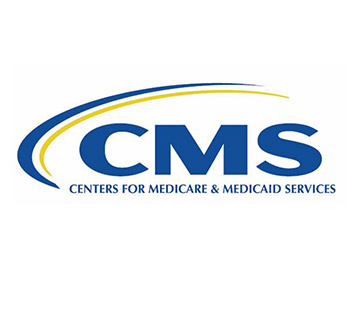Quantifying Quality Improvement Cost Savings for Medicare
Date: March 15, 2011
Location: College Park, MD

With quality measurement and improvement being key components of the 2010 health reform legislation, the Centers for Medicaid and Medicare Services (CMS) are working to identify opportunities for improvement in the quality of patient care while protecting the integrity of the Medicare Trust Fund. Through the Measure and Instrument Development and Support (MIDS) contract, Optimal Solutions Group, LLC (Optimal), completed various return on investment analysis of potential quality indicators for CMS per the measure development guidelines, the Measure Management System (MMS) Blueprint.
As one of the first contractors to conduct these analyses, Optimal prepared business cases for potential quality measures in topic areas of high-impact, high-volume, and high-cost, to the Medicare program, such as diabetes, heart disease and cancer. A business case, developed by Optimal, on an Alzheimer’s treatment measure is included in the MMS as an example of how to conduct such analyses.
In addition to preparing business cases, the quality measure development process involves rigorously reviewing medical literature and quality care guidelines, executing a gap analysis of quality of care, assembling a technical expert panel that reviews the information gathered and advises on the clinical validity and feasibility of the proposed measures
Most recently, the Optimal team developed 12 quality measures for chemotherapy provided in hospital outpatient settings and successfully navigated three emergency department measures through the National Quality Forum endorsement process. The development and implementation of quality measures with strong clinical and financial effects is important for creating a high value health care system.
